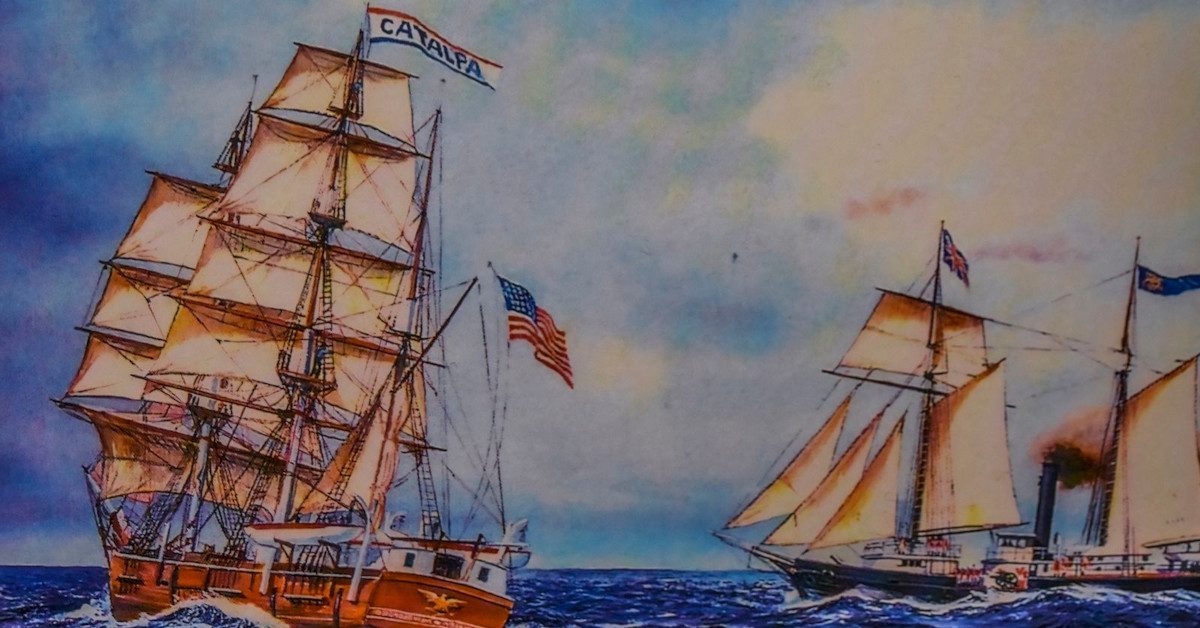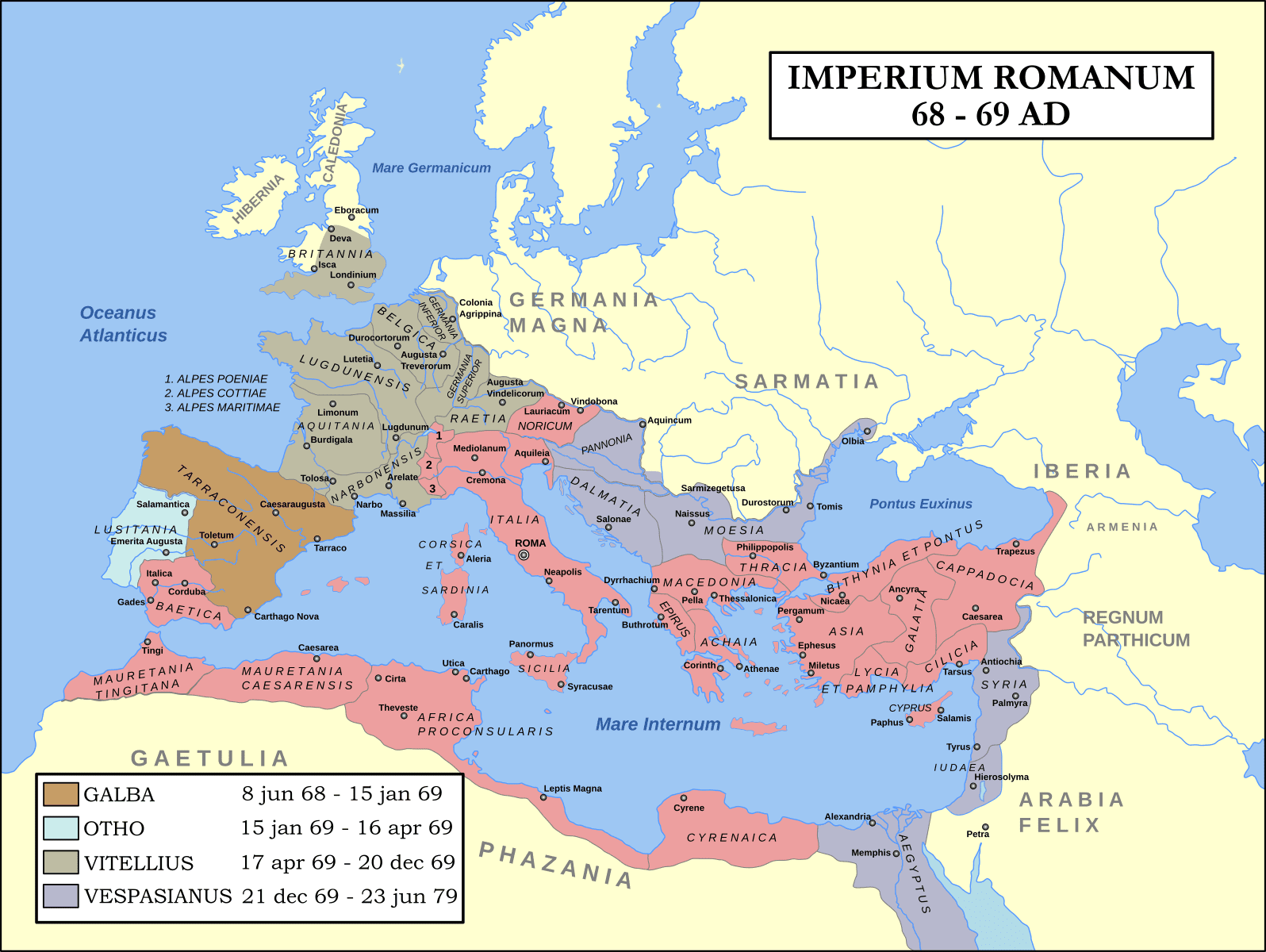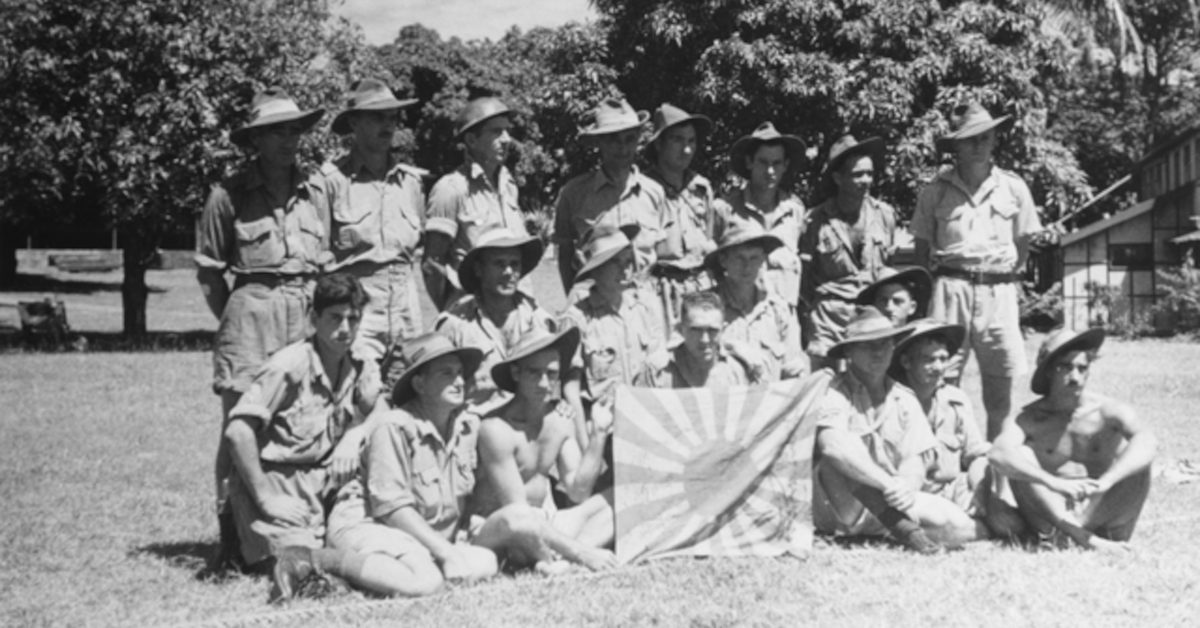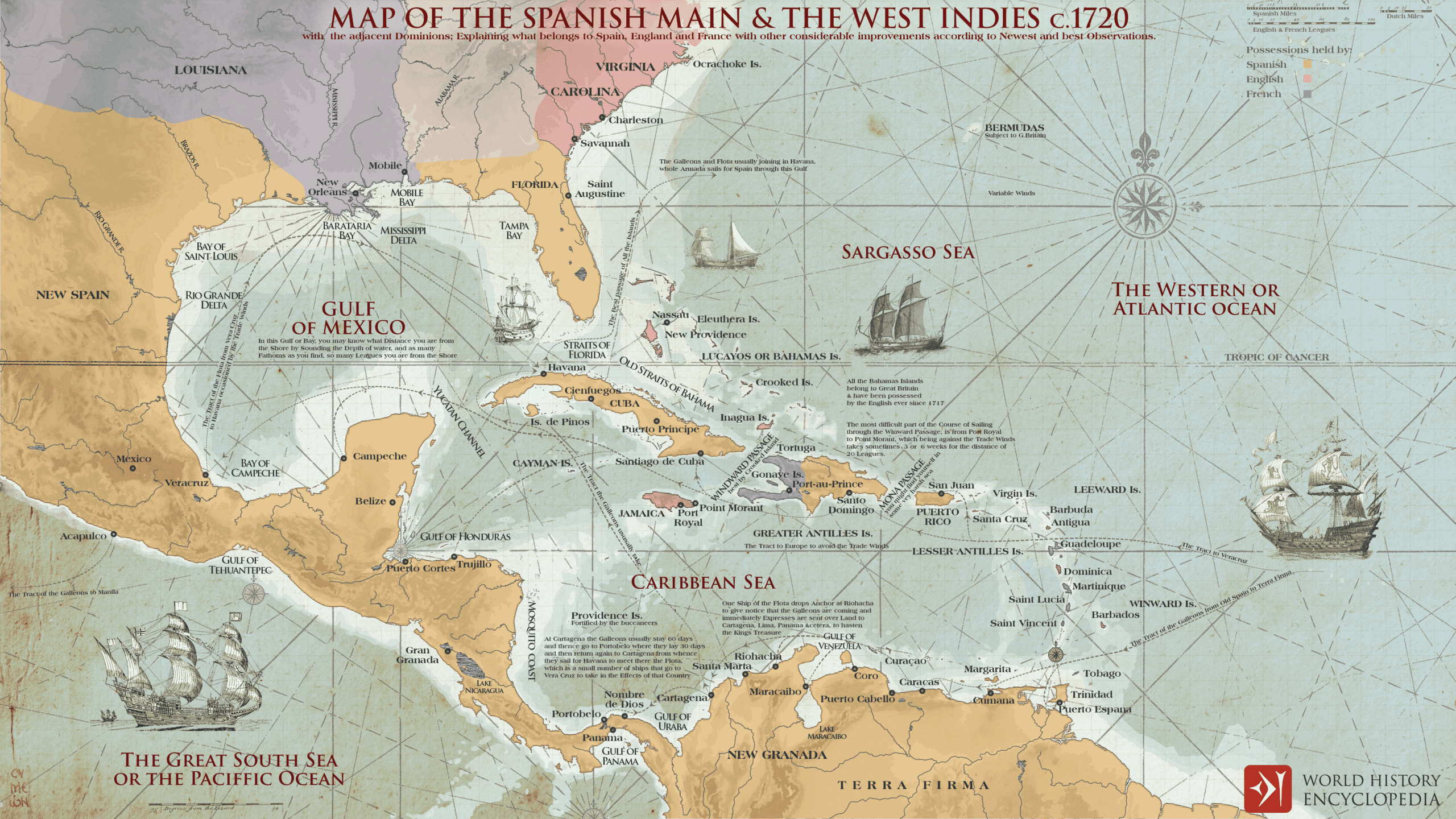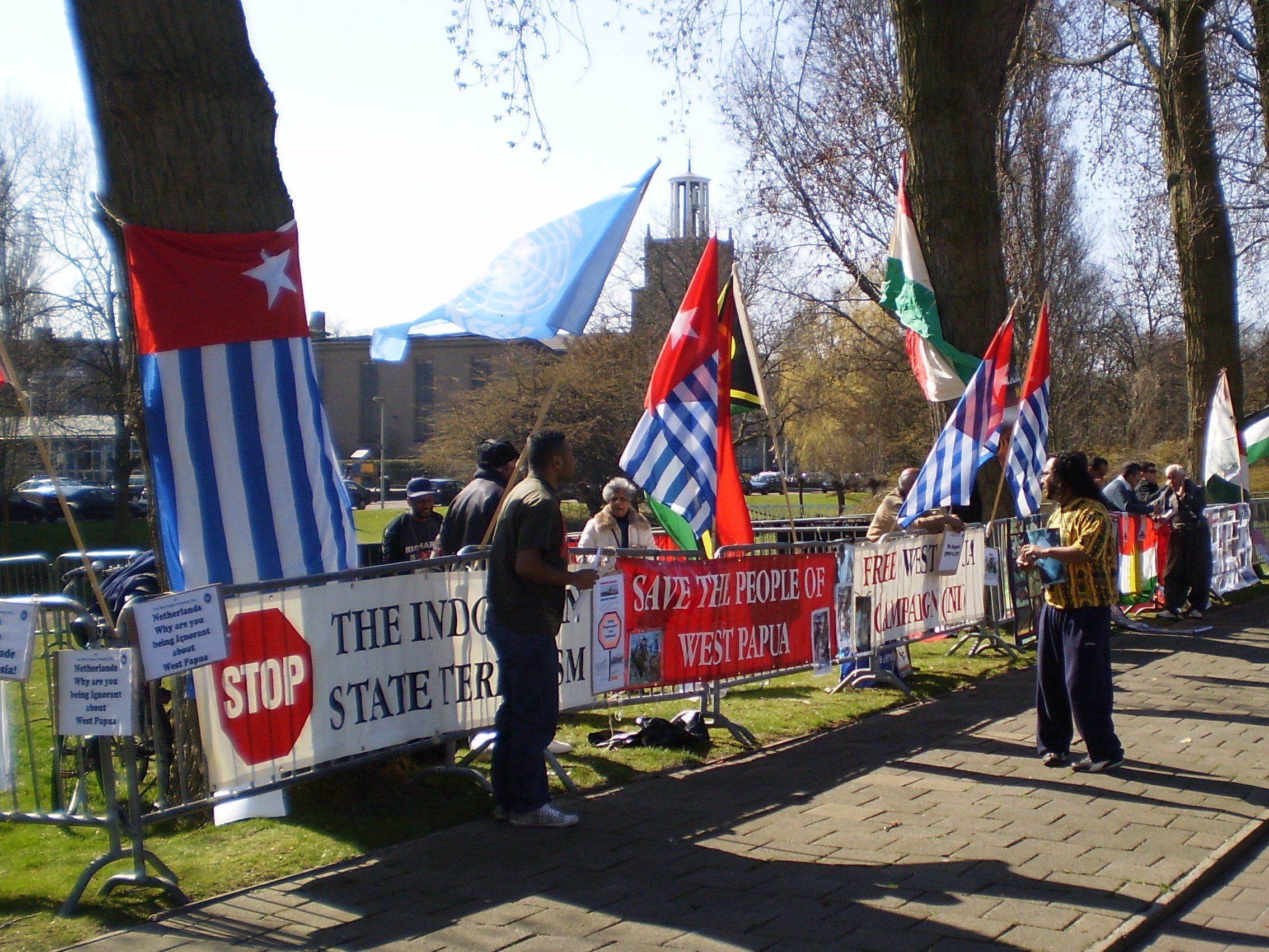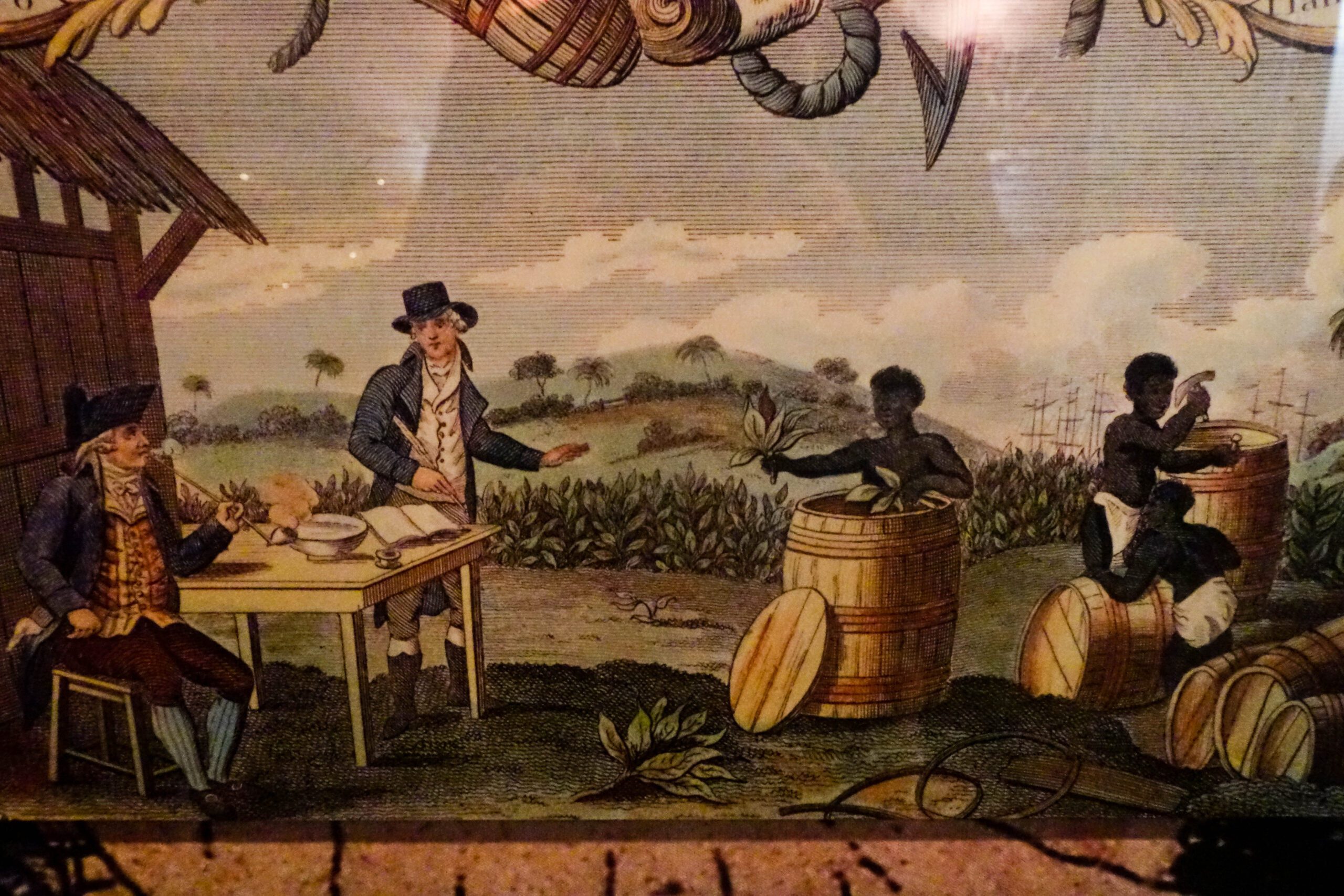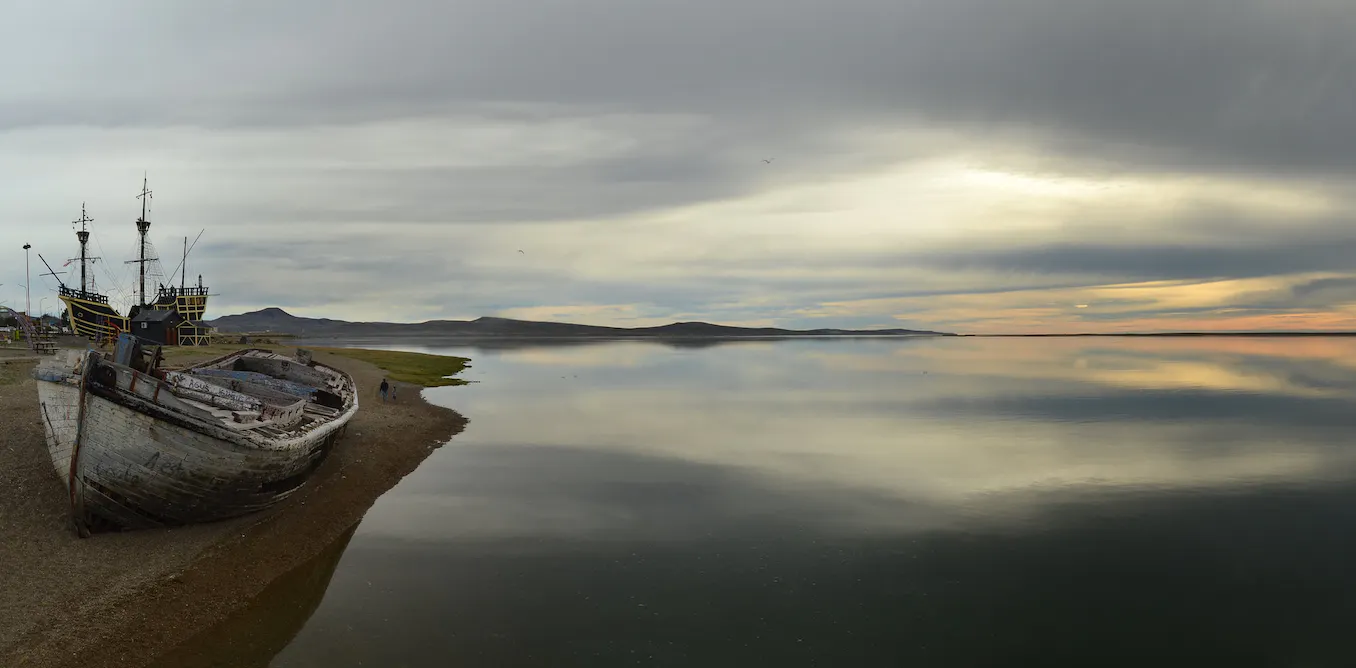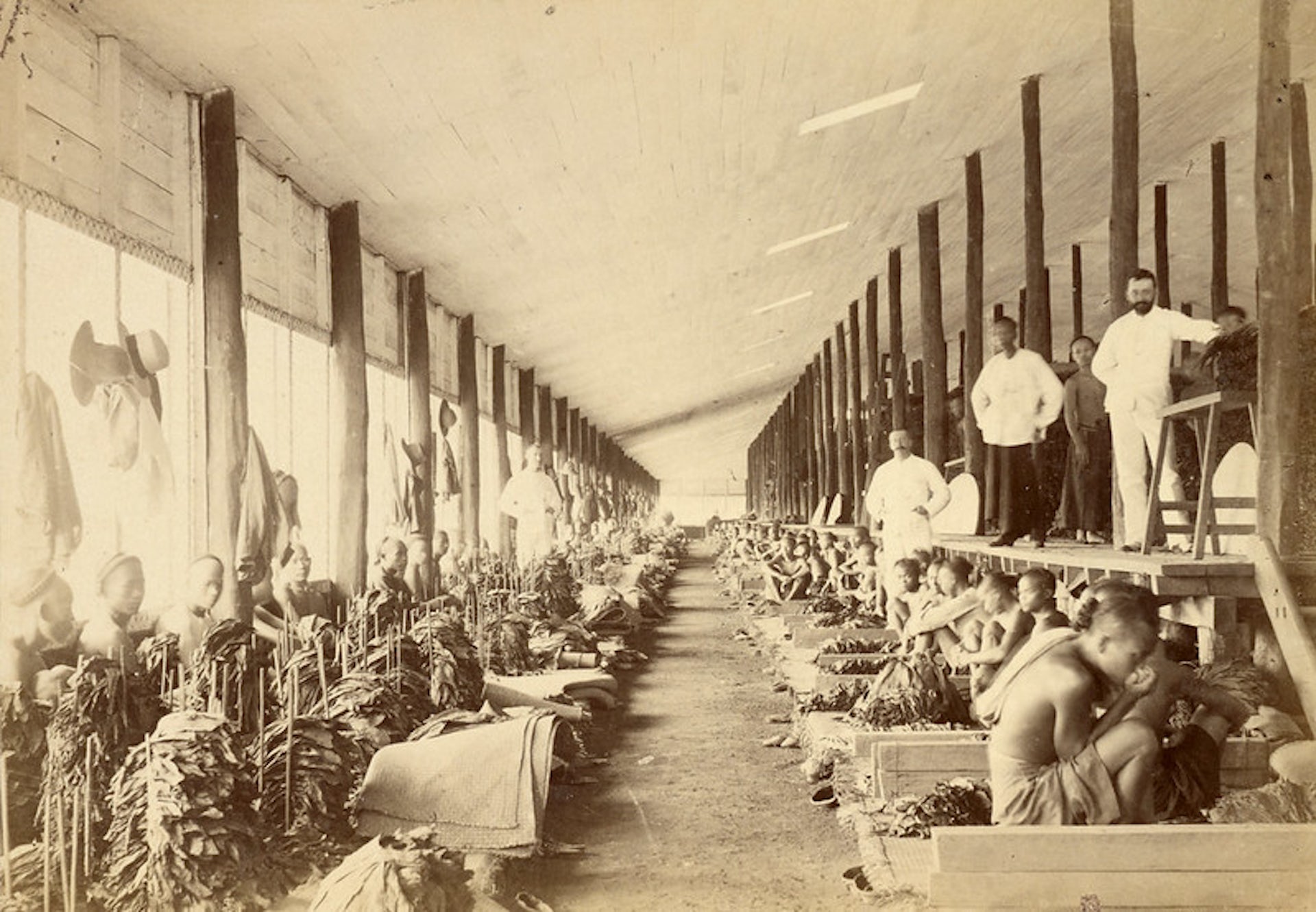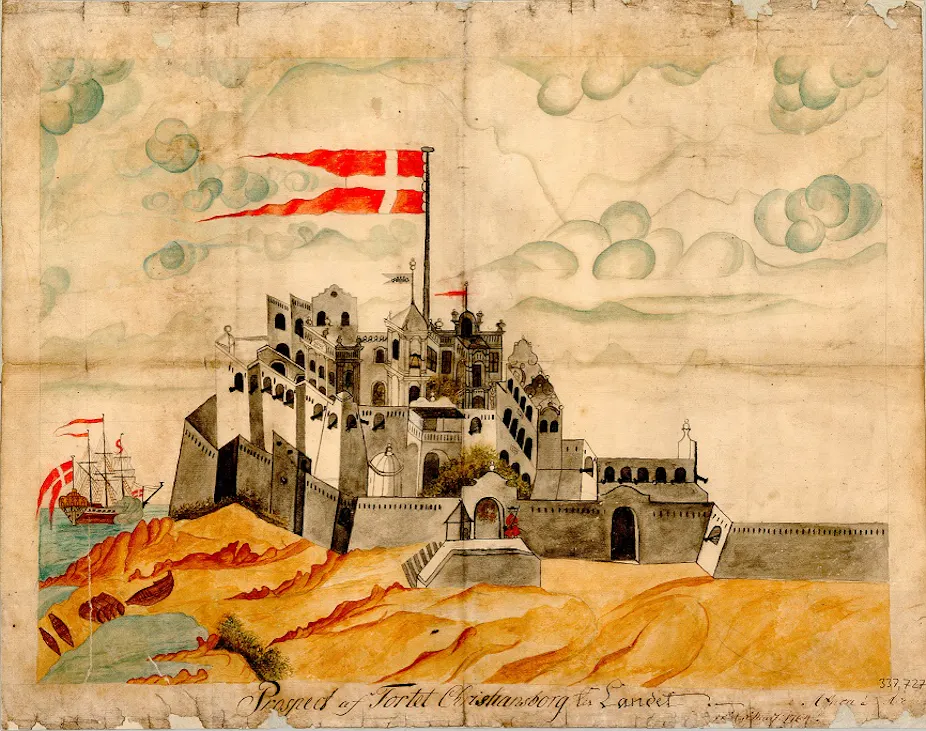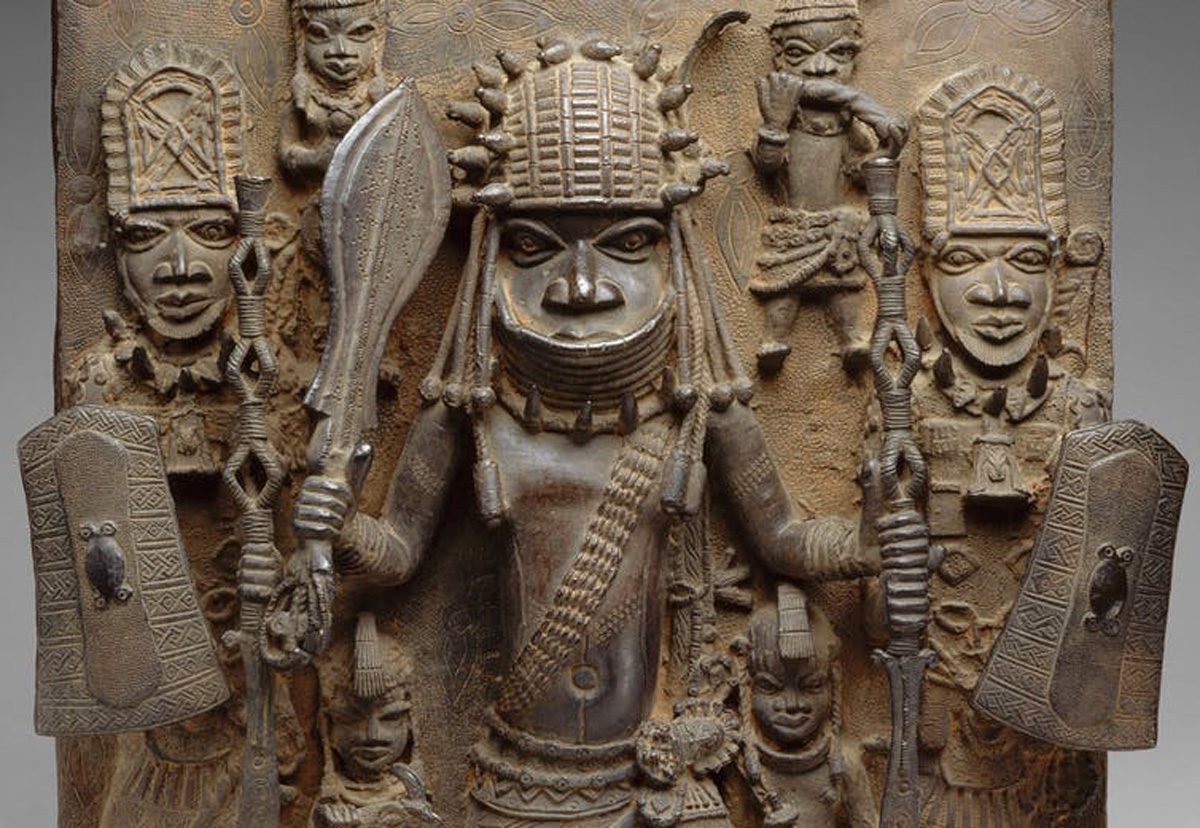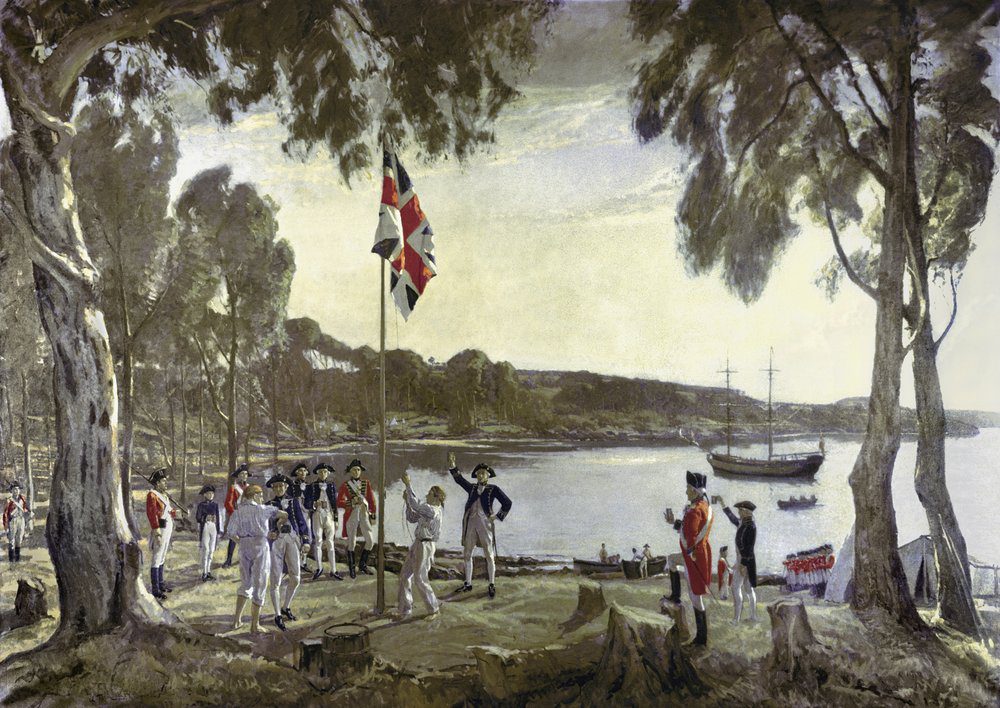
From Captain Cook to the First Fleet: how Botany Bay was chosen over Africa as a new British penal colony
Reading time: 7 minutes
After Captain Cook’s Endeavour voyage in 1770, the east coast of Australia was drawn on European maps of the globe for the first time. Yet, in terms of European contact with the continent, there was an 18-year lull in between Cook’s 1770 landings and the arrival of the First Fleet in 1788.
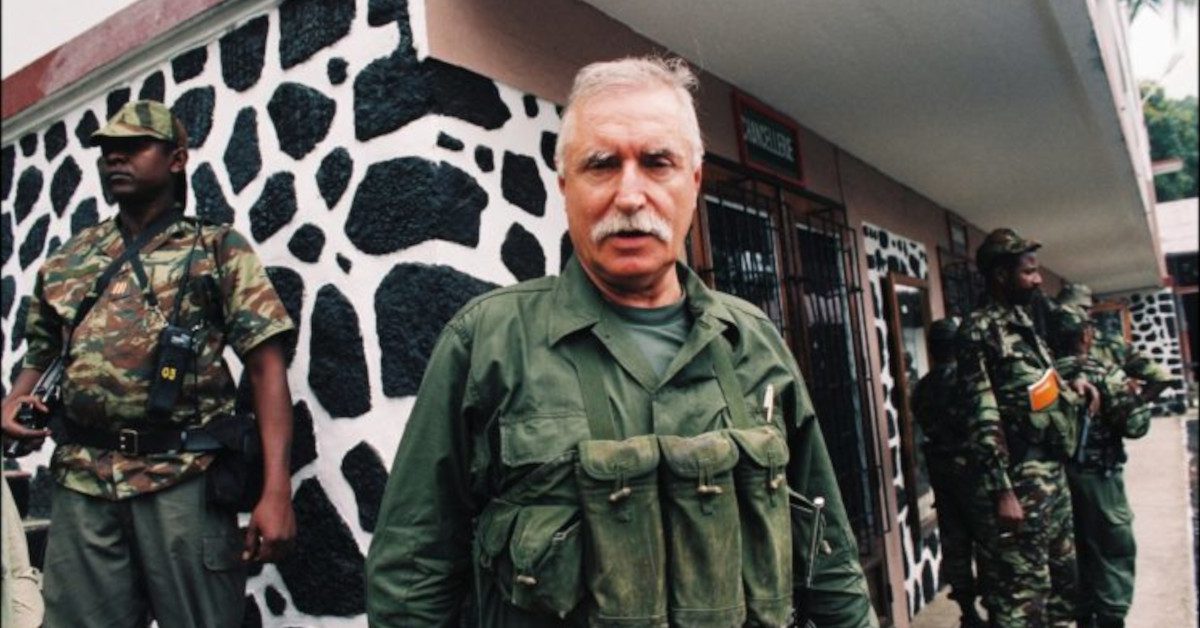
The Incredible Career of Mercenary Bob Denard, Viceroy of the Comoros
Bob Denard had not quite reached his 32nd birthday when a newspaper article caught his eye. It was a profile on the foreign mercenaries fighting for Moïse Tshombe’s breakaway state, Katanga, in southern Congo, and it contained a photograph of the only Frenchman in Tshombe’s service. “His name was Antoine de Saint-Paul,” Denard recalled, “and […]
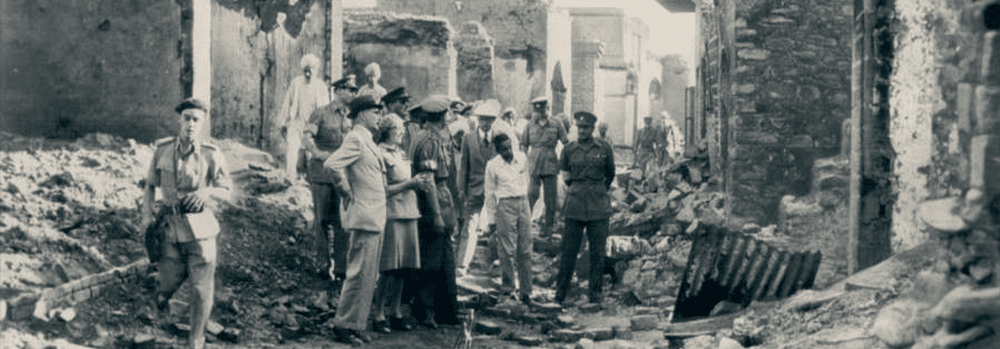
The Partition of British India: Timeline
Reading time: 6 minutes
Track the key events during British colonial rule leading to the emergence of the independent nation-states of India and Pakistan in 1947.
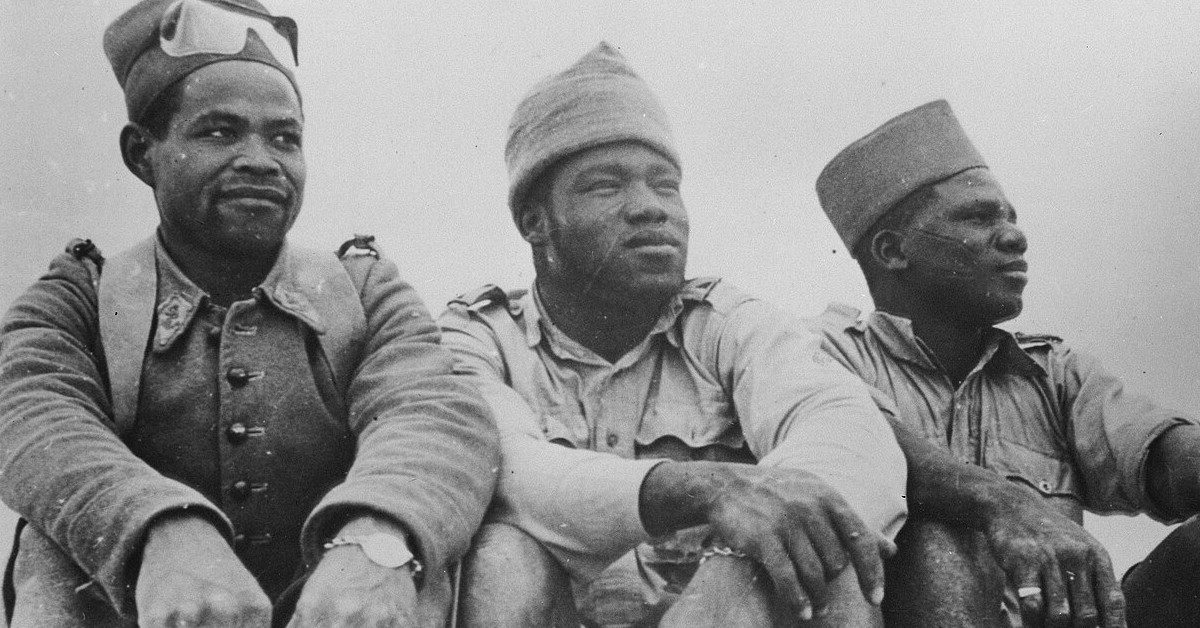
Free France was African: the Story of France’s African Soldiers in WW2
Reading time: 15 minutes
From a humble, precarious exile in London, Free France patched together from soldiers and sailors of the scattered French military under the leadership of General Charles de Gaulle. One of the most storied resistance movements in World War II, far-flung Frenchmen swelled in number until hundreds of thousands could return to liberate France in 1944.
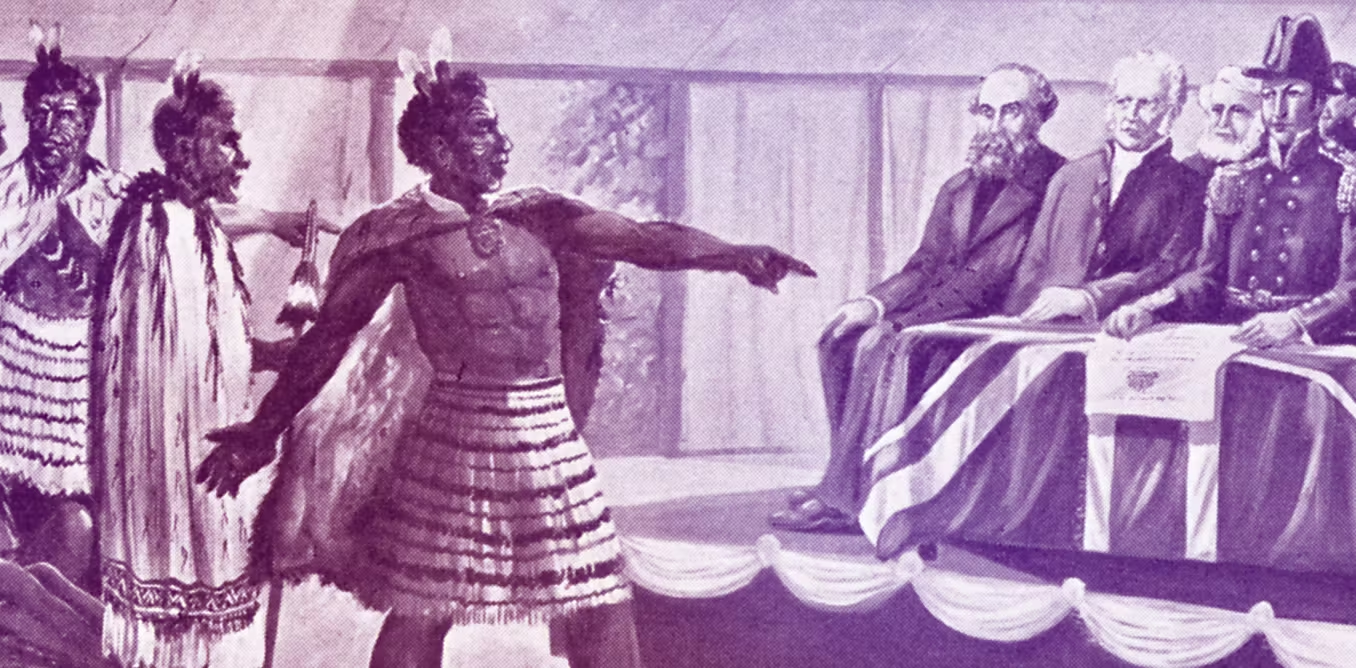
History and myth: why the Treaty of Waitangi remains such a ‘bloody difficult subject’
Reading time: 10 minutes
The Treaty of Waitangi, the influential historian Ruth Ross (1920-1982) remarked in 1972, is “a bloody difficult subject”. She should have known – she devoted most of her working life to trying to make sense of it, especially the text in te reo Māori. That difficulty persists to this day.
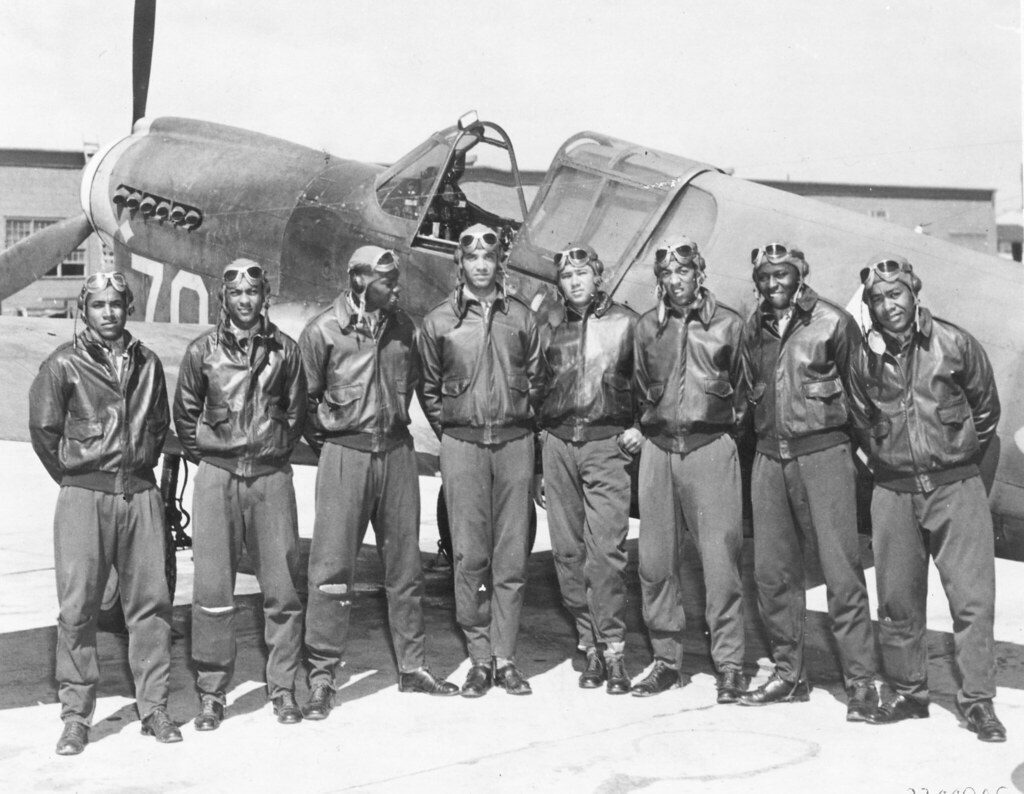
Where are All the Medals? Racial Bias in Military Bravery Awards
Reading time: 7 minutes
For service or for gallantry, almost all modern militaries – especially Western militaries, have issued war medals for a very long time.
But who decides who gets these medals and awards, and how?
Recent examination has brought to light a distinct lack of minority soldiers within Western militaries winning bravery awards, across many different countries, all throughout the 20th century and beyond.
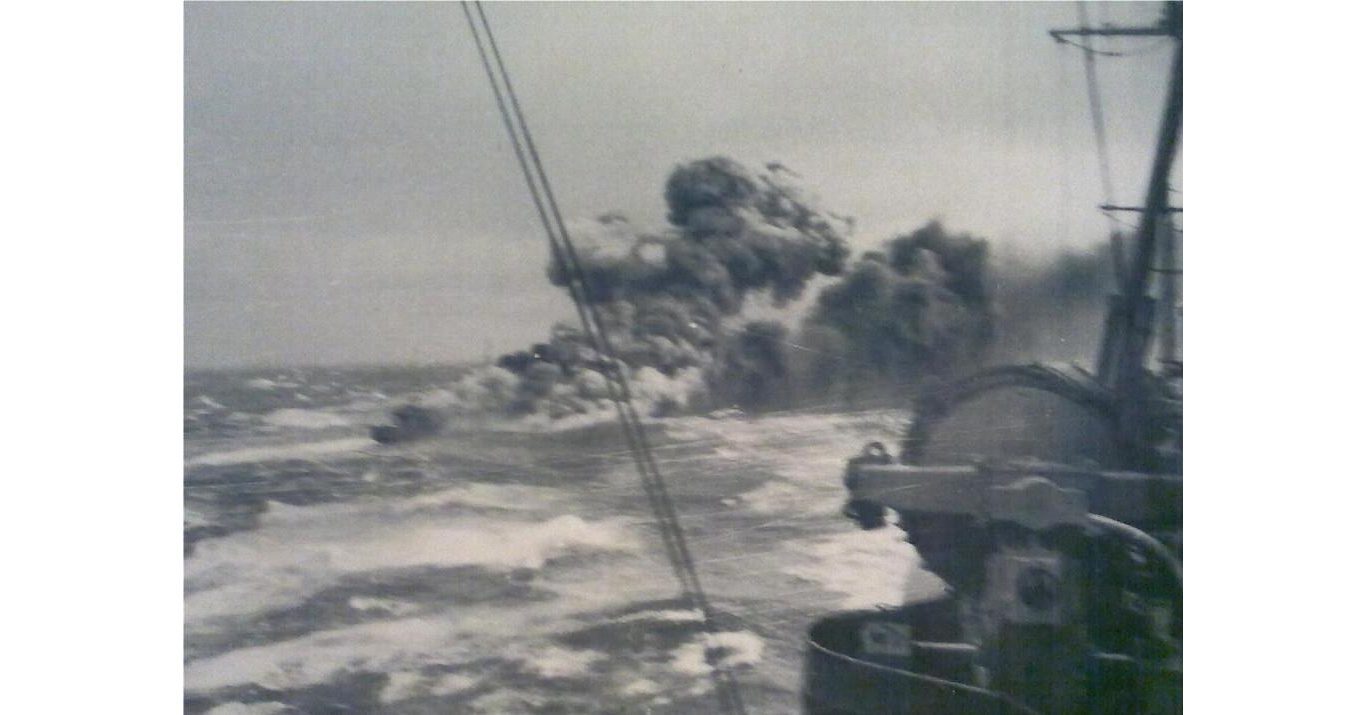
Earning the Enemy’s Respect: Victoria Cross Recommendations from the Other Side
Reading time: 7 minutes
Many readers will be familiar with the 1964 epic movie Zulu, which depicts the 1879 landmark Battle of Rorke’s Drift in the Anglo-Zulu War. In the film, perhaps the most iconic scene takes place at the end of the movie, whereby the Zulu warriors chant in respectful salutation towards the British soldiers before withdrawing after the battle. Moving, cinematic, and honourable, it’s clear why the scene lives so memorably in the hearts of fans today.
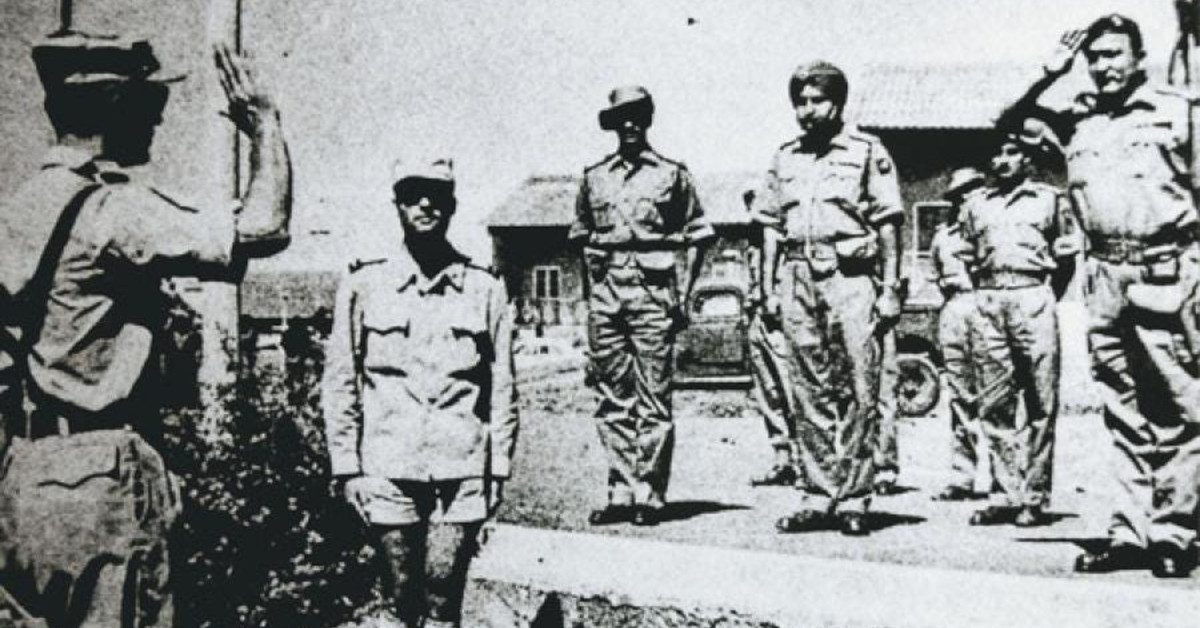
Annexation or Liberation? India, Portgual, and Goa: 1961
Reading time: 10 minutes
On 18th July 1947, British rule in India came to an end, closing a 300-year old chapter in the history of the subcontinent. But another empire had been in India for over a century more, and it would be over a decade later that this longer story was finished.
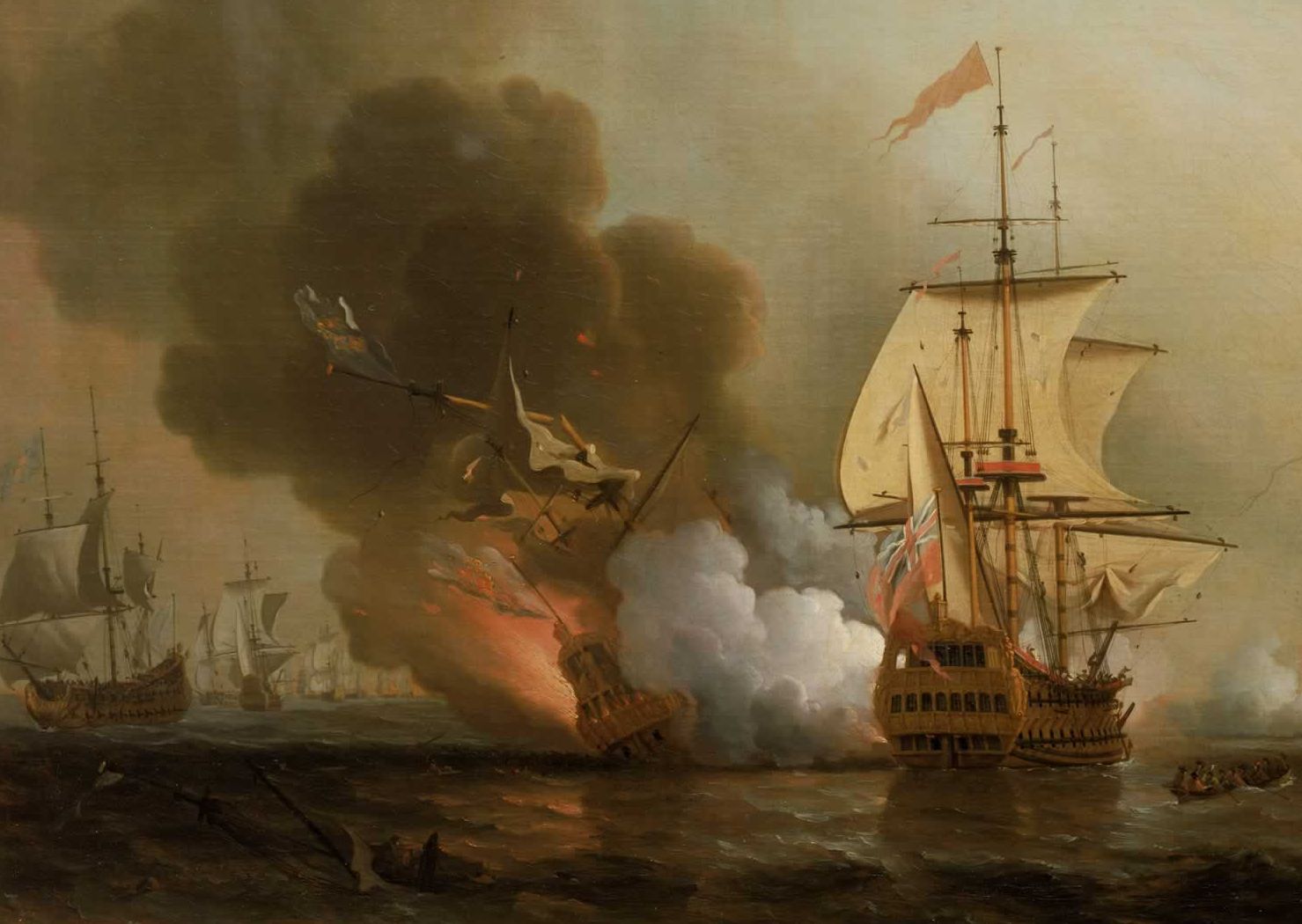
Shipwrecks of the Manila Galleons
Reading time: 8 minutes
Huge ships filled with canons, gold, porcelain, silk, and other riches from Asia, the Manila Galleons were the key vessels in transporting rare goods from Asia across the Pacific Ocean to Spanish holdings in Mexico. From there, the cargo could easily be sailed across the Atlantic to Spain and Europe.
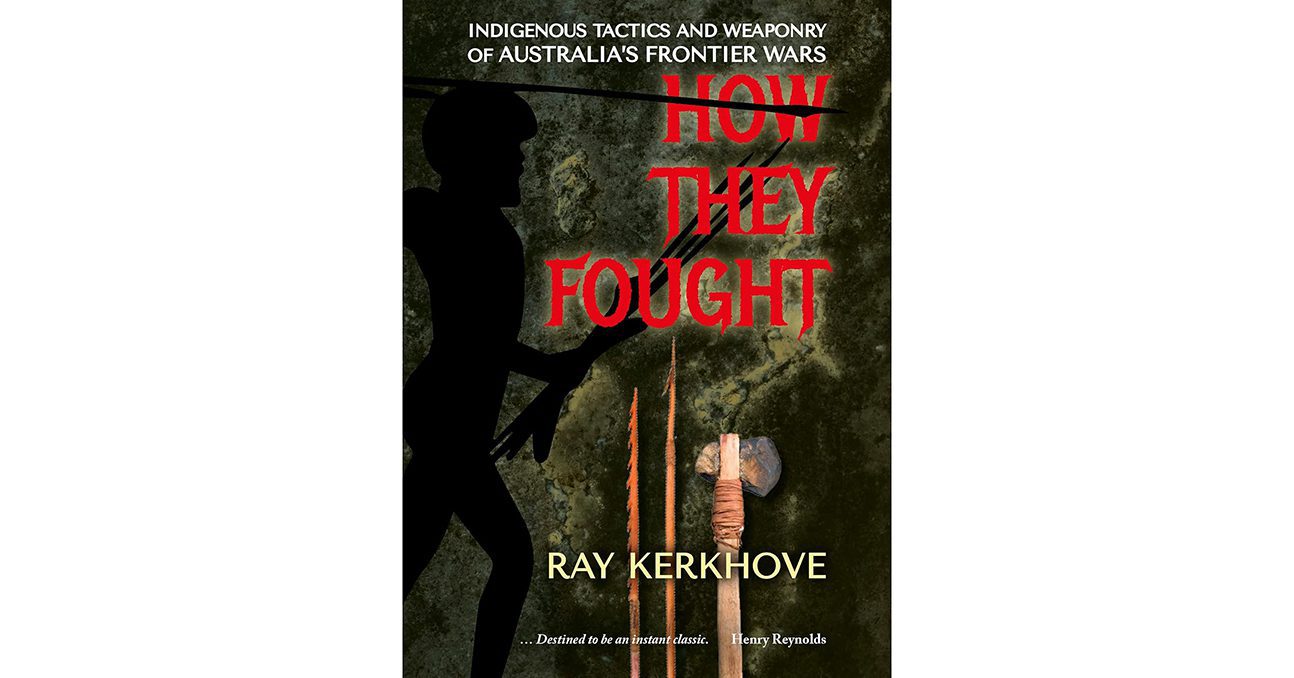
How They Fought: Indigenous Tactics and Weaponry of Australia’s Frontier Wars – Book Review
Reading time: 3 minutes
This is an excellent and much needed book. It examines the military aspects of the Australian Frontier Wars from an Aboriginal perspective, detailing the tactics, strategy, logistics and weapons Aboriginal people employed to resist European encroachment on their land. Covering several campaigns across different areas and time periods, it details both successes and failures of the Aboriginal military forces. Some of its most interesting conclusions reflect the extent to which Aboriginal resistance slowed and impeded the encroachment of European settlement across Australia.
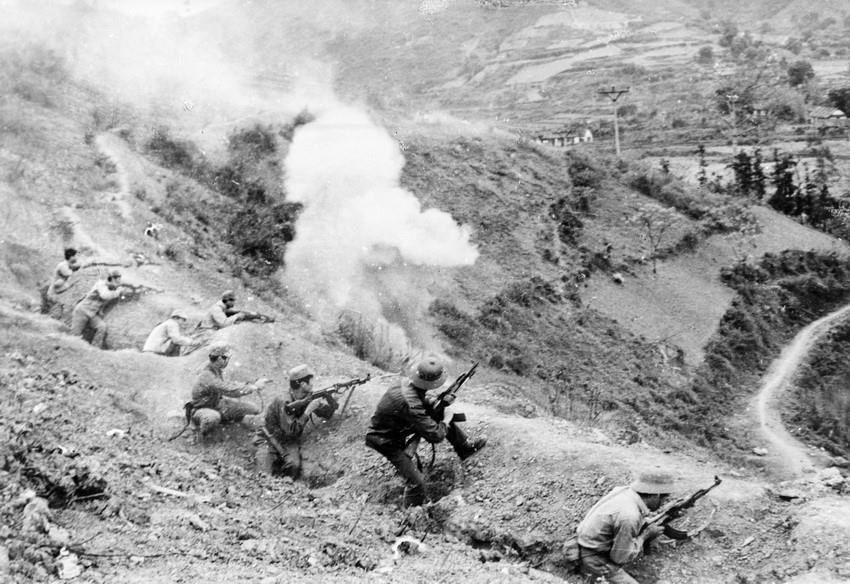
Sino-Vietnamese War
Reading time: 5 minutes
The Sino-Vietnamese war was a short, nasty conflict fought between China and Vietnam in early 1979. Largely forgotten by almost everybody including the belligerents, it was a side plot of the Sino-Soviet split, itself a sideshow to the Cold War. Let’s go over the events before, during and after the war to see what it was all about.



